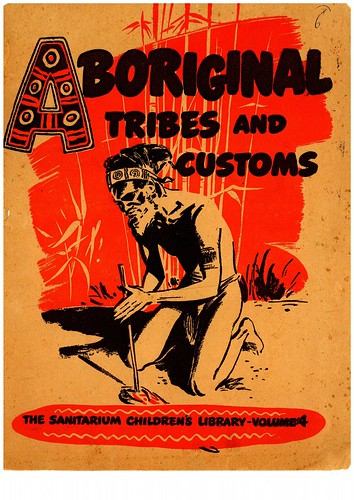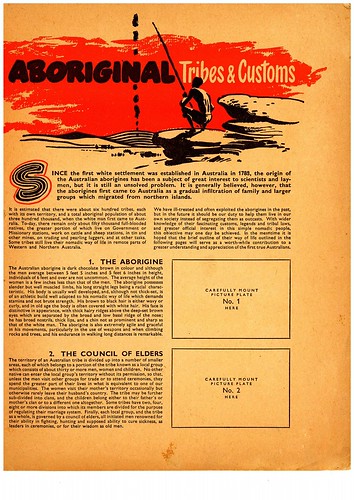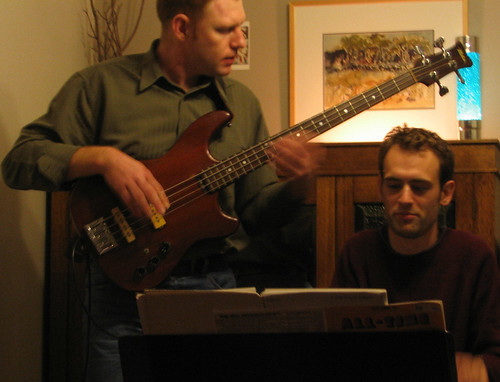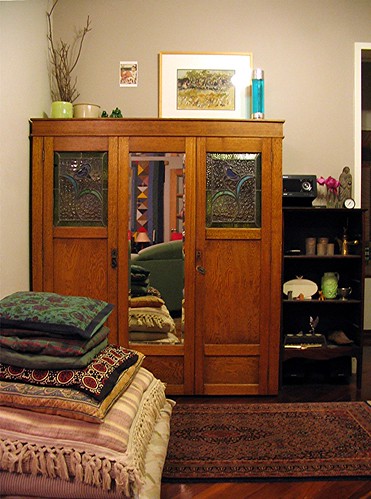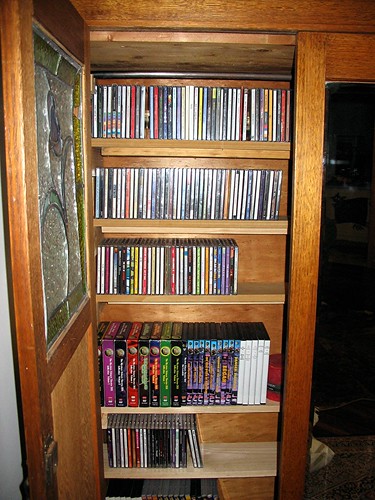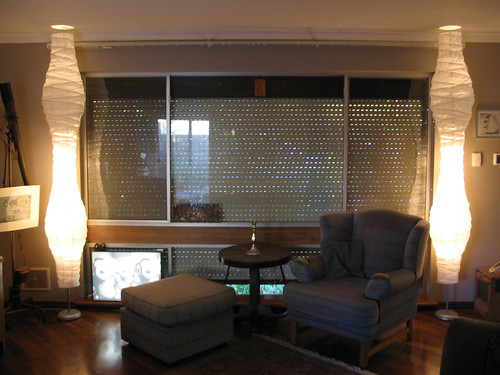A little after midnight I got out of bed to go to the toilet, which was down the other end of the ward. Because I was still connected to my drip I had to take it with me, along with its chrome stand and the little whirring, bleeping machine that controlled the flow.
As I was in the toilet I started to feel a familiar feeling, as if reality had decided that I was a waste of effort and elected to move on without me. I remember unlocking the door and stepping out, and then the next thing I knew I was on the floor, watching the nurses’ hands dancing around me. They returned me to my bed and ran another series of tests; more blood pressure readings, pupil exams, reflex responses and ECG readings.
I offered to try a little experiment. I sat up and swung my legs over the edge of the bed, and just leaned against it until I sensed that heavy rush of incipient unconsciousness starting to build. They watched the instruments, but other than a slight drop in blood pressure there was nothing very conclusive.
The nurses took a dim view of my medical histrionics, and sent me out of the dark, quiet calm of the Observation Ward back into the brightly-lit, noisy drama of the Emergency Department. No one was going to take any chances. I had the saline drip plugged into the back of my hand, a pulse monitor on my finger, an automated blood pressure monitor on my arm (which had the unnerving habit of activating itself without warning, as if it had taken sudden offence to my heart rate) and half a dozen ECG electrodes across my chest. I looked like an extra on ‘Borg Hospital’.
Not that this technology seemed to help much. At one point I drew the doctor’s attention to the fact that my ECG seemed to be implying that I was simultaneously running the London marathon and lying dead on a mortuary slab… all while I was lying there feeling perfectly fine and chatting amiably. He, of course, just gave both me and the ECG monitor The Glare.
Throughout this, I complained that the pain in my stomach was getting more severe. Stomach aches aren’t very glamorous, I gather, unless they’re low enough to be appendicitis, which this one wasn’t. Finally, at around 5am, my stomach decided that it was tired of being treated like a second class organ, and made its bid for medical glory. Over ten minutes the pain soared from mere hurt to eye-popping agony. The nurses asked me to rate the pain on a scale of 1 to 10, where 1 is mild discomfort and 10 is being hacked at by an epileptic with a rusty scythe. I gave the pain a 9.
A nurse gave me morphine, then a few minutes later asked how I felt.
“The pain hasn’t gone down,” I replied. “But you know, now I don’t really care.”
However within five minutes I cared again… a lot. I tried to be manly, but frankly it felt like I was carrying a foetal Freddy Krueger, and he was trying to perform his own caesarean.
Eventually I was dosed up on more morphine, an antibiotic, Mylanta and a numbing agent. Two of these were served to me in a cocktail, nicely layered in pale pink and grenadine red.
“We call it a Pink Lady,” said my jocular, middle-aged male nurse. “Just think of it as a shooter.”
“Okay,” I said.
“That means you have to skull it, not sip it” he warned. “It numbs everything it touches, so if you swill it around your mouth, you’ll be drooling for the rest of the day.”
The Pink Lady worked, and the pain receded. Then I too receded. I was so relaxed that I couldn’t move… well, I could move if I really wanted to, but I just didn’t want to. I simply lay there, as beatific as a reclining Buddha, while the crazy lady in the next bay crooned her little songs and drunken bogans filed past nursing drunken bogan injuries.
Around mid-morning the doctors returned, and subjected me to more glaring. It was their diagnosis that I was suffering from a bout of gastroenteritis, and it was the physiological stress of this that was causing my blood pressure to plummet unexpectedly and black me out. Their greatest concern was that all their tests weren’t turning up anything significantly wrong. All of my organs were fine. My tests were normal. All they could latch onto were a few “abnormalities” which could either explain everything or represent absolutely nothing at all. They were not impressed. I think they felt it made them look bad in front of the junior staff.
One of the friendlier doctors, the one with the ultrasound, came back and did some more scans, helpfully tilting the screen so that I could see inside myself. There was my heart, pumping away, with the blood highlighted in different colours according to its direction. There was my intestinal tract, roiling and twisting as it struggled to cope with whatever bug had infected it, with tiny specks of food tumbling about in the fluid. There was my appendix, sitting out of the way and minding its own business, and no doubt indignant that it always gets blamed for everything.
I must admit to a newfound love for the ultrasound. One of the consultants suggested that there was a slim possibility that my condition might be being caused by a gallstone pressing against a sensitive part of the gallbladder wall. Before ultrasounds, there would have been no way to test this other than exploratory surgery, since most gallstones aren’t dense enough to appear on X-rays. But with the ultrasound, it was just a matter of running the probe over the right part of my torso, and there my gallbladder was, benign and empty.
(And just in case you’re wondering, yes, it did occur to me when I saw my first ultrasound image to joke, “So, is it a boy or a girl?” Fortunately before I opened my mouth I realised that every patient, without exception, must make this gag, so I thought better of it and kept my mouth shut. I suspect that this is why the ultrasound doctor and I got on so well.)
With a diagnosis reached, the doctors decided to shunt me up to one of the cardiology wards, so that they could monitor my heart with the specialised and more accurate ECG machines. It wasn’t until I got up there, and was embraced by the many tentacles of the ECG octopus, that anyone thought to tell me that this was going to mean another overnight stay. The nurse explained that they wanted to monitor me for a full, uninterrupted 24 hours.
“But I’m feeling okay now,” I protested. “And I have plans!”
The nurse gave me her own version of The Glare.
Meanwhile, out in the real world, The Flatmate had been told what was happening by my boss, and tried to arrange to get me some fresh clothes and toiletries. However he was sternly advised by the hospital reception that a) I was in the Coronary Care Unit and b) only members of my immediate family were allowed to contact me. Of course this made it sound like I’d had a heart attack and was clinging to life by the barest thread, whereas in fact I was reclining in bed with a nice cup of tea reading a novel, pausing only to answer my mobile or bounce up and down to see how this affected my pulse rate. No wonder he sounded so nonplussed when I phoned him to ask him to record ‘Heroes’ for me.
After another round of ultrasound scans, this time performed with a specialist cardiac scanner, I spent the evening reading (fortunately I’d been admitted with my briefcase, which contained a brick-sized novel), listening to old Lileks podcasts on my iPod, and receiving a visit from a friend who hadn’t taken this whole “immediate family only” thing too seriously. Around 11pm, as I set myself down to sleep, serenaded by thunderous but mercifully short bursts of snoring from the next room, I reflected that at least my stomach no longer hurt, and as such I was past the whole “pain” side of things.
As usual, I was wrong.



